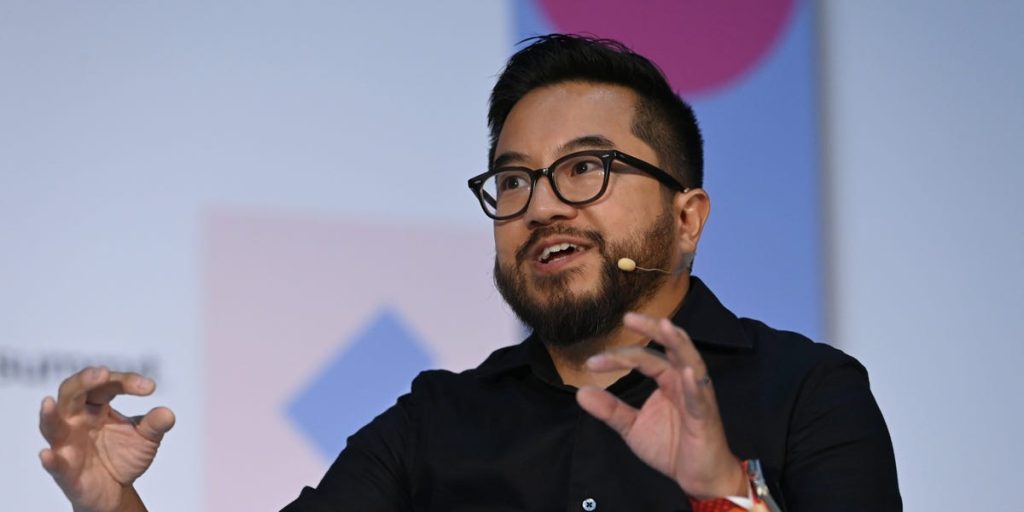Garry Tan says too many business students today are being taught to fudge the truth — and warns that going down that road could lead to serious consequences, like jail time.
Speaking to an audience of undergraduate, graduate, and Ph.D. students during a live recording of Y Combinator’s Lightcone Podcast, Tan criticized unnamed academic entrepreneurship programs that he claimed teach a “fake it till you make it” attitude.
“I’m very worried about them because what we’re coming to understand is they are teaching you to lie,” Tan told the audience at Y Combinator’s AI Startup School conference. “Software is the most empowering thing in the world. Why do you have to lie?”
Tan runs Y Combinator, astartup accelerator that pulls from a similar talent pool and has produced breakout successes like Airbnb and Doordash. After a competitive application process, YC promises mentorship, investor connections, and a $125,000 seed and $375,000 SAFE note in exchange for a 7% equity stake in startups selected for the program.
Jared Friedman, YC’s managing director of software and former cofounder of Scribd, said that academic programs suffer because they aren’t run by founders.
“Anytime you try to bottle up entrepreneurship and teach it as a college course, what you end up with is basically a cheap facsimile,” Friedman says. “They teach you to follow a particular method or a particular practice and that’s just not what startups are actually like.”
Tan said that these programs were teaching students to “fake it till you make it” and “lie to investors.” He also warned that such ideas could lead students to become founders like FTX’s Sam Bankman-Fried, who was sentenced to 25 years in prison, and Theranos’ Elizabeth Holmes, who was sentenced to over 11 years in prison.
Related stories
“That’s a waste of time, and you’re going to go to jail,” Tan said. He spoke against how Bankman-Fried, Holmes, and other “fake” founders grew to represent the tech industry, chanting, “They don’t represent us!” to applause from the audience.
Earlier in the conversation, Tan and his YC colleagues also said the unnamed academic entrepreneurship programs don’t promote AI use.
Diana Hu, YC group partner and former cofounder of Escher Reality, asked which students in the audience were allowed to use Cursor, an AI code editor. When limited hands were raised, Hu said, “This is the future.”
“They’re quite literally prohibiting the students from learning the tools that they are going to need,” Friedman said.


